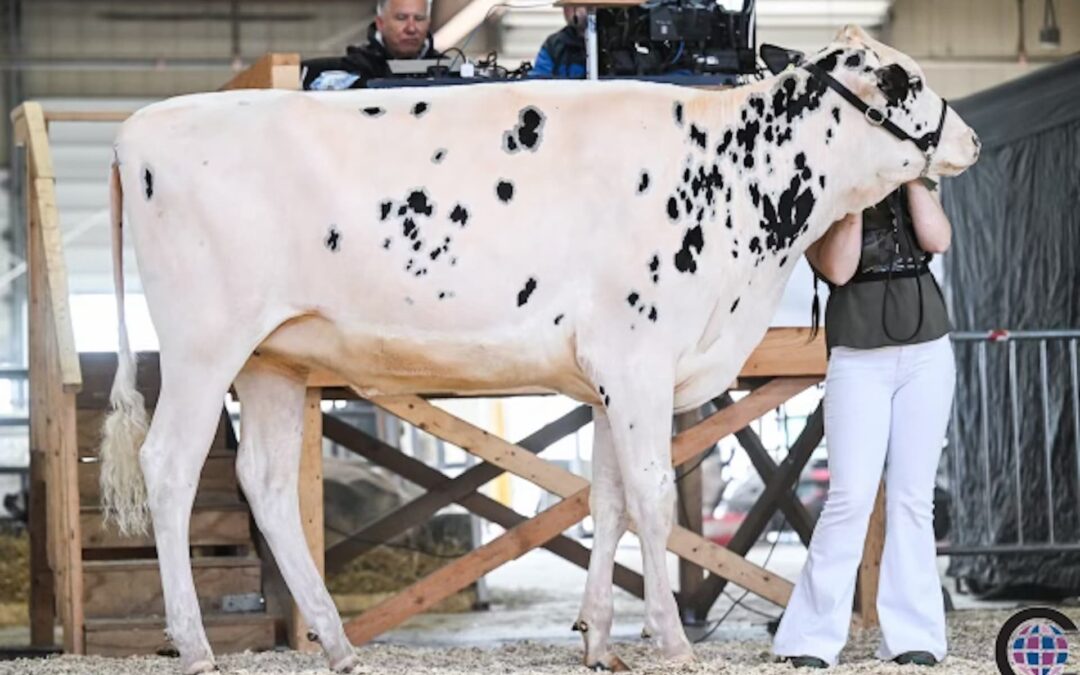Preparing animals for the state fair is an exciting and rewarding experience for young farmers and 4-H members. Ensuring that your livestock are in top condition not only showcases your hard work but also promotes animal health and safety. Check out Tri-State’s guide to help you prepare your animals for the spotlight both of you deserve!
General Health and Safety Guidelines
Animal health is a shared responsibility and is part of overall public health, especially at events that bring people and animals together. Here are some general guidelines to follow:
- Identification: Ensure that all animals have official identification.
- Health Status: Animals should be free from infectious, contagious, or communicable diseases, including ringworm and warts.
- Regulatory Compliance: Check with your state’s rules and requirements for health certificates.
Detailed Preparation Steps
Livestock
- Proper Housing and Feeding:
- Maintain optimal health and weight by providing adequate housing and a balanced diet.
- Monitor feeding routines to ensure animals receive the necessary nutrients.
- Ensure a diet rich in roughage, grains, and minerals.
- Monitor dietary intake to maintain optimal health.
- Regular Grooming:
- Keep coats clean and free of debris through regular grooming.
- Pay attention to areas that may become matted or dirty.
- Training:
- Train animals to walk calmly and stand still for inspection.
- Familiarize them with the show ring environment to reduce stress.
- Veterinary Care:
- Schedule health check-ups and vaccinations with a veterinarian.
- Prevent common fair-related diseases through timely medical care.
- Hoof Care:
- Ensure proper hoof care and check regularly for signs of issues.
- Trim hooves as needed to maintain optimal foot health.
- Acclimation:
- Acclimate animals to the fair environment and transportation methods.
- Minimize stress by introducing them gradually to new surroundings.
Health Examinations
Schedule a health examination and certificate of veterinary inspection (CVI)with your veterinarian. Depending on the location of the shows, different testing may be needed so do not wait until the last minute.
Preparing your animals for the state fair goes beyond just showcasing their best qualities; it’s about ensuring their health and well-being throughout the process. By following these detailed preparation steps, you can help your livestock shine at the fair, demonstrating the dedication and expertise that goes into raising them.
Remember, proper preparation not only boosts your chances of success at the fair but also reinforces the importance of preventive care for animals. This approach helps ensure that they remain healthy and happy, ready to take on the spotlight and make you proud.
For more tips and expert advice on animal care, get in touch with our Tri-State Veterinary Team or schedule a farm visit.

